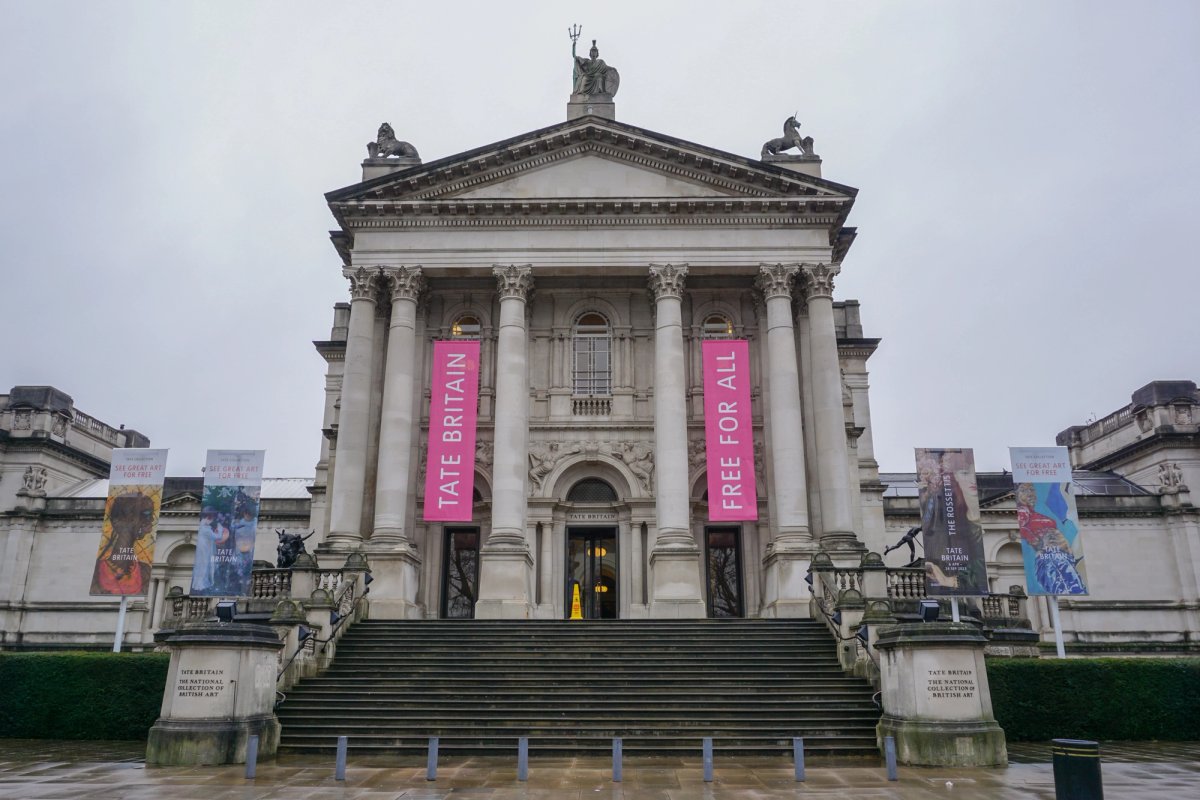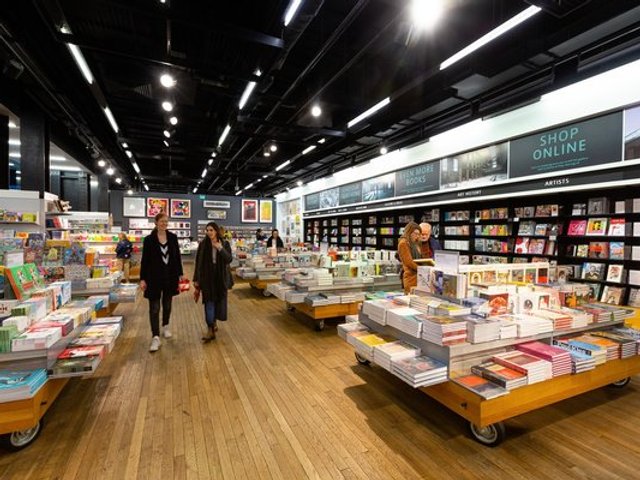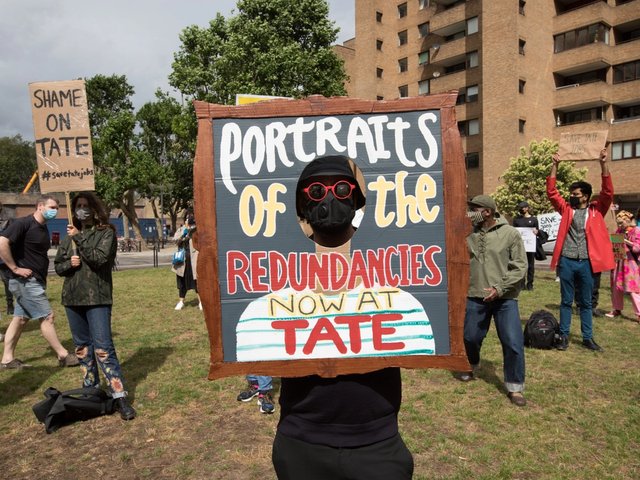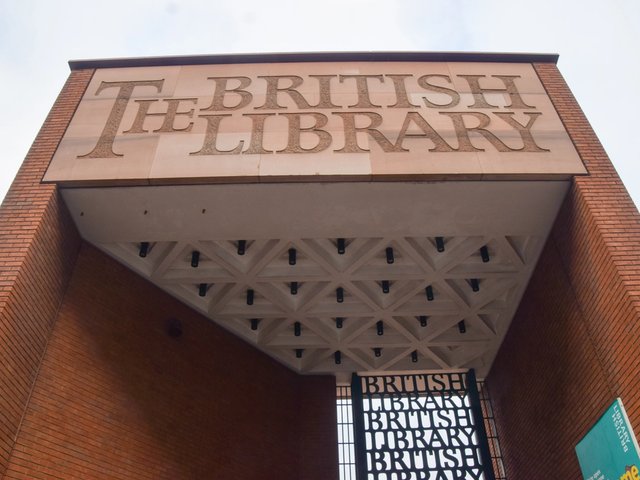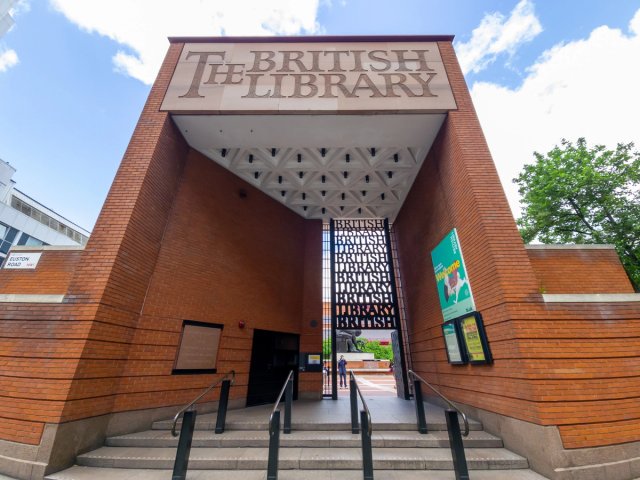Workers at Tate galleries across the country are living in in-work poverty and experiencing anxiety regarding the future of their positions, a Public and Commercial Services union (PCS) source has told The Art Newspaper.
The comments follow yesterday’s announcement that more than 150 Tate workers will walk out later this month in a dispute over pay and terms and conditions. Action is set to take place from 26 November to 2 December, with PCS members demanding an above-inflation pay award and the return of staff benefits, including a staff canteen and subsidised meals.
The source said: “In a [PCS] survey of members in July 2025… workers complained about low morale, increasing workload and the loss of training opportunities at the Tate... members highlighted experiencing a range of mental and physical health issues, anxieties about their future at the Tate and lack of disposable income.”
Workers at Tate Britain, Tate Modern, Tate Liverpool and Tate St Ives have been offered a salary increase of between 2% and 3% by the gallery. However, amid the cost of living crisis and what PCS has described as “endemic low pay” the offer has been rejected.
A Tate spokesperson said: “Tate has made careful savings this year in order to invest in staff pay and still achieve a balanced budget. This includes a 3% salary increase for most roles—including all employees on the lowest three pay bands—while directors are taking a 0% increase to help balance the overall costs.
“Two of the three unions at Tate have accepted this offer. It is only by creating and maintaining a sustainable financial model that we can continue to invest in our staff in the long term."
The union cites redundancies and increased workloads following a recent restructure—which saw 40 roles cut to address a funding deficit—as causes of reduced staff morale. The source said the restructure, which is the organisation’s second within the last five years, should “raise serious alarm bells about how Tate's senior leadership is running the organisation”.
Testimonies from PCS’s 2025 member survey members shared with The Art Newspaper give a sense of the situation faced by some Tate staff. “Even with working overtime, it is a struggle to feed myself until the end of the month if I pay all my bills,” one member said. Another stated: “It has got me in more debt and has made my mental health worse with all the worry about whether I can afford to get by this month.”
The action is expected to cause some disruption at Tate galleries, including at Tate Britain, where the exhibition Turner and Constable: Rivals and Originals is due to open the day after strikes begin. A Tate spokesperson said the gallery will be working to ensure the exhibition remains to the public every day as usual.
The PCS source said: “We empathise with art-lovers who may be impacted by PCS’ strike action… Our members have taken the difficult decision to strike because they are facing in-work poverty, eroded terms and conditions, and spiralling workloads following repeated restructures and below-inflation pay award.
“This strike action is not about curtailing people's access to art, it’s about ensuring the people who make these cultural experiences possible can afford to live.”
According to the Chartered Institute of Personnel and Development, in-work poverty occurs when a working person’s income, after housing costs, is less than 60% of the national average, and they don’t earn enough to meet the cost of living. A recent report from the Institute for Fiscal Studies put the UK's in-work poverty rate for 2023-24 at 18.0%.


